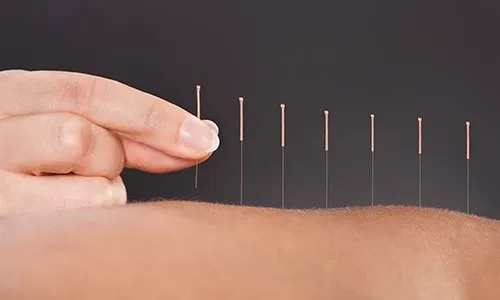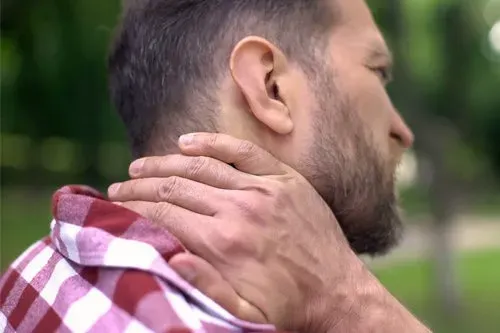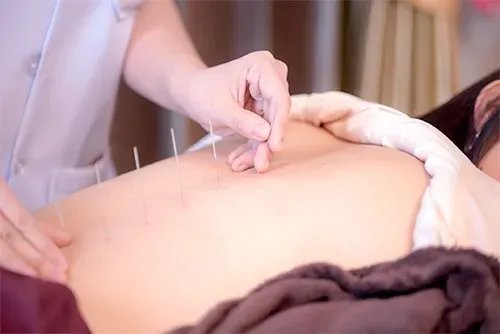Treatments for Managing Some Types of Multiple Sclerosis Pain
Treatments for Managing Some Types of Multiple Sclerosis Pain
Multiple sclerosis, or MS, is an autoimmune disease that causes the immune system to attack the protective sheet covering nerve fibers. The result is miscommunication between the brain and the rest of the body. Such miscommunication often results in pain. Unfortunately, researchers haven't found a cure for MS yet, but you do have many options for managing common forms of the pain.
MS Hug
The MS hug is a very uncomfortable condition that feels like a tightening band around your torso. Naturally, the tightening causes pain, which can make dressing or even lying under the covers unpleasant. The MS hug can also create other sensations, such as tingling, tickling, vibration, and difficulty breathing.
If you become prone to the MS hug, take note of what
triggers
it. Triggers include oncoming illnesses such as colds and the flu as well as being stressed out or tired. Whenever possible, avoid the triggers. Your doctor may also prescribe medications such as steroids, anticonvulsants, and muscle relaxers. Doctors also recommend using over-the-counter pain relievers.
Non- pharmaceutical therapies for the MS hug include maintaining a healthy lifestyle, such as drinking enough water and eating healthy food. You should also get adequate sleep. In many cases, massage and yoga can help stave off the sensations.
Erythromelalgia
Erythromelalgia is a rare condition that does, unfortunately, plague people who suffer from MS. The condition is characterized by burning pain in the hands and feet. The temperature in both can actually rise as a result. The feet can also feel swollen.
With hot feet, the key is to manage the uncomfortable sensations. Naturally, cool water or compresses can help reduce the temperature. Wearing pressure socks encourages good circulation, which can help alleviate the discomfort. Likewise, try activities such as swimming, which also get the blood flowing without putting pressure on your feet.
With your hands, cool water or compresses are also helpful. You can also try some exercises to promote blood flow and improve function of your hands. The exercises target flexing and extending your fingers, thumbs, and wrists.
Trigeminal Neuralgia
As noted, the pain associated with MS is from the immune system destroying the protective sheets covering nerves. Well, such destruction can cause damage to the nerves themselves. In the case of trigeminal neuralgia, the trigeminal nerve in the side of the face has damage. The result is a lightning-like, or stabbing, pain to the side of the face.
Doctors typically prescribe anti-seizure medication for trigeminal neuralgia. In extreme cases, when the anti-seizure medication doesn't work, your doctor may suggest minor surgery to block the pain pathways.
You can also try some holistic methods for pain management. Meditation works well because it decreases your anxiety, which intensifies the feeling of the pain. Another method for decreasing anxiety, and so lessening pain, is guided imagery. You can envision yourself in a pleasant place or imagine the pain leaving your body. Both help take your mind away from the pain.
Dysesthesias
Dysesthesia isn't related to a specific part of the body. Rather, dysesthesias are a type of pain sensation - in this case, burning or aching. The pains result from that major miscommunication between your now-naked nerves and your brain. Dysesthesias are the most common type of pain people with MS endure.
Two types of medications work on dysesthesias. Antidepressants or antianxiety medications can change how your body responds to pain, thus negating the miscommunication. Anticonvulsants calm overstimulated nerves, thus lessening the pain.
Non-medication treatments include both acupressure and acupuncture. Both treatments open blocked energy pathways, thus relieving pain. You can also work with a physical therapist to learn how to move your body to reduce the pain.
Don't live with the effects of MS pain - find methods both pharmaceutical and holistic to manage it. Talk to Pain Care Management about treatments for managing the pain from MS symptoms.










